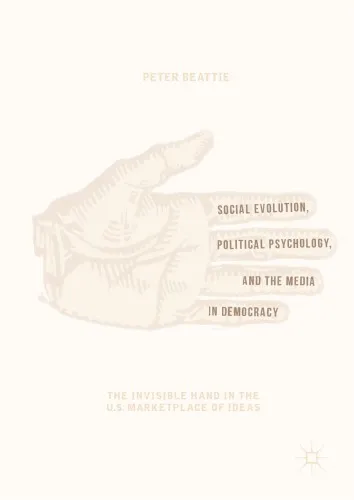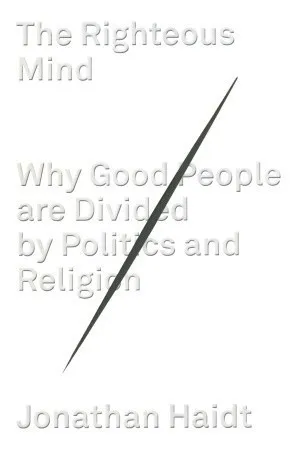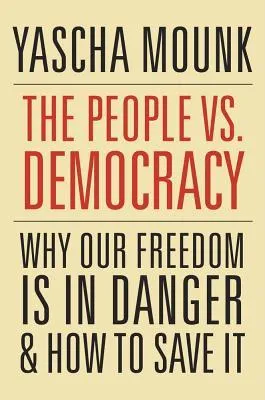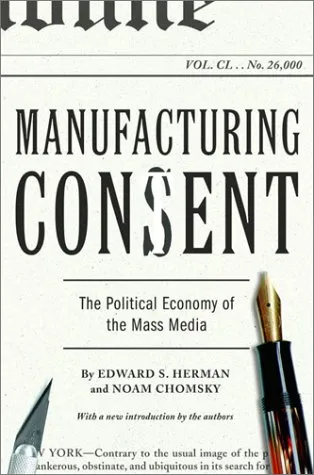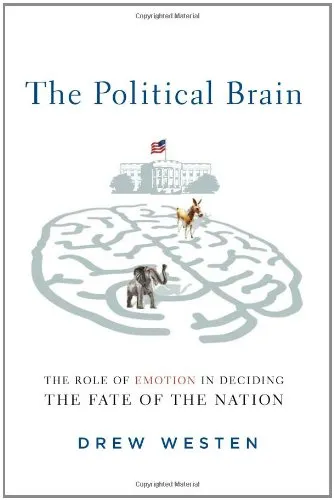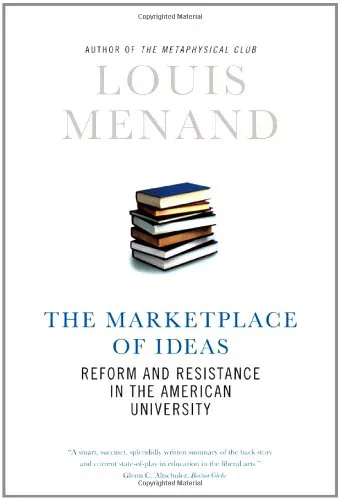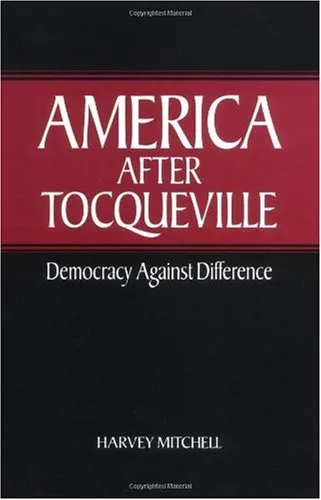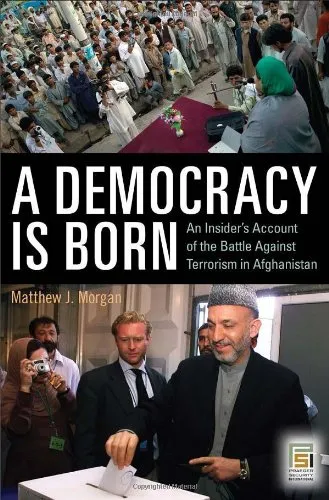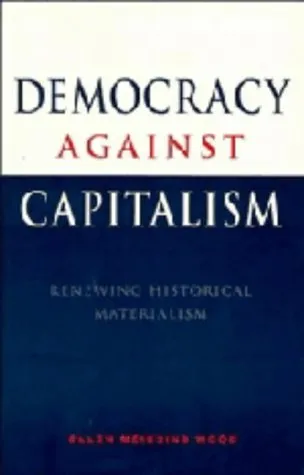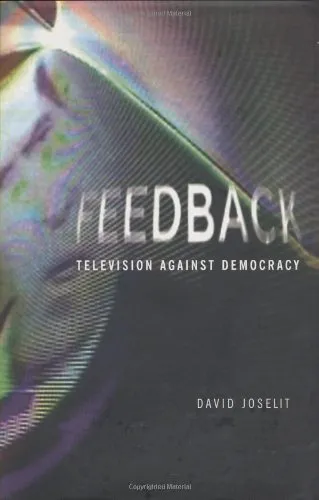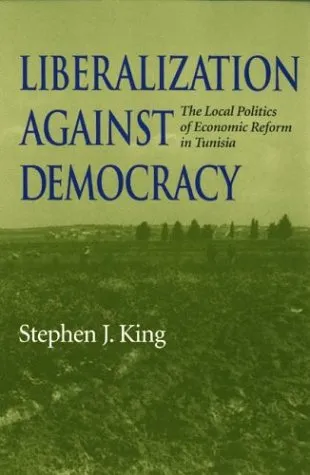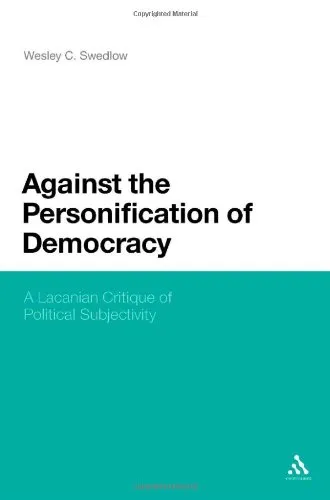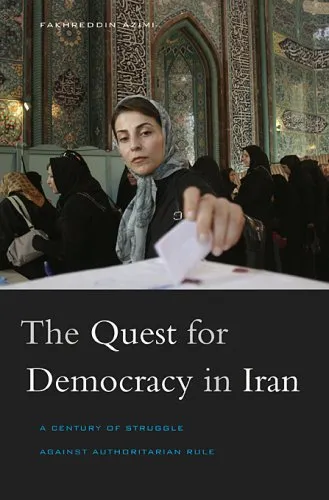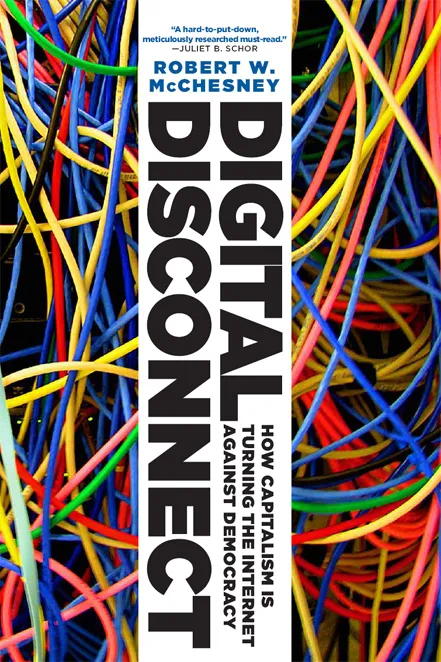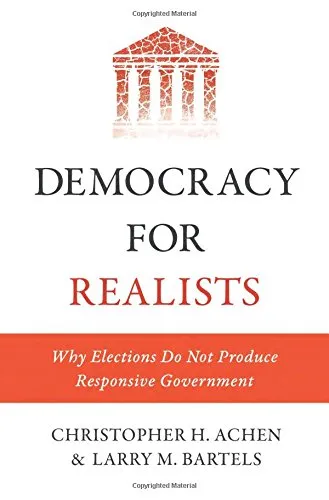Social Evolution, Political Psychology, and the Media in Democracy: The Invisible Hand in the U.S. Marketplace of Ideas
4.0
Reviews from our users

You Can Ask your questions from this book's AI after Login
Each download or ask from book AI costs 2 points. To earn more free points, please visit the Points Guide Page and complete some valuable actions.Related Refrences:
Introduction
**Social Evolution, Political Psychology, and the Media in Democracy: The Invisible Hand in the U.S. Marketplace of Ideas** explores the intersection of social evolution, human psychology, media dynamics, and democratic governance. This book provides readers with an in-depth examination of how ideas propagate within a democratic society, how media systems influence the public's thoughts and behavior, and how these dynamics are shaped by our evolutionary past. Using a multidisciplinary approach, it unveils the often unseen forces that shape public opinion, policy preferences, and collective decision-making in the United States.
Democracy thrives on the free exchange of ideas, but this marketplace of ideas does not operate as freely or rationally as often idealized. Media ecosystems, driven by profit motives, political agendas, and cognitive biases, play a pivotal role in shaping the contours of democratic discourse. The book dissects the "invisible hand" that directs this marketplace, revealing how misinformation, partisanship, and psychological tendencies can distort democratic deliberation and decision-making. By connecting principles of evolutionary psychology with modern communication research, it illuminates the deeper mechanisms behind political polarization, misinformation, and other critical challenges facing democracy today.
Summary of the Book
This book is divided into several thought-provoking chapters that span the disciplines of sociology, evolutionary theory, political psychology, and media studies. Its key goal is to unravel the hidden dynamics that influence how individuals and societies process information, form opinions, and enact policies.
Starting with an exploration of evolutionary principles, the book delves into how human cognition has been shaped over thousands of years to prioritize specific patterns of thinking. Topics include tribalism, confirmation bias, and emotional reasoning—psychological tendencies that can undermine rational thinking in a modern democratic context. Through engaging examples and academic insights, the book connects these evolutionary traits to contemporary political behavior, explaining why humans are predisposed to groupthink, fear of outsiders, or susceptibility to echo chambers.
From there, the focus shifts to the role of media in the "marketplace of ideas." By analyzing the U.S. media landscape, the book discusses how a competitive, profit-driven media system reinforces polarization and amplifies sensationalism. The intricacies of agenda-setting, framing, and media bias are dissected, revealing how these factors can distort our understanding of reality and undermine meaningful discourse.
Finally, the book addresses solutions, offering strategies to counteract the negative effects of media manipulation, societal polarization, and misinformation. Drawing on research from cognitive science, education, and grassroots activism, it emphasizes the urgent need for systemic reforms and public awareness initiatives to safeguard the future of democracy.
Key Takeaways
- Human cognition is deeply influenced by evolutionary traits, which can lead to biases that threaten democratic ideals.
- The "invisible hand" of the media marketplace is driven more by profit and systemic incentives than by truth or fairness.
- Cognitive biases like confirmation bias and tribalism can make individuals vulnerable to misinformation and propaganda.
- Media framing and agenda-setting have a direct impact on public opinion and policy priorities.
- Systemic reforms and public education are vital to improving the resilience of democratic systems against manipulation.
Famous Quotes from the Book
This book features several notable insights that capture the essence of its arguments:
"The marketplace of ideas functions less like a rational exchange and more like a Darwinian jungle, where the survival of the loudest often outweighs the survival of the truest."
"Democracy's greatest paradox is that a system built on collective reasoning can so easily be undone by individual emotionalism."
Why This Book Matters
In an era defined by misinformation, partisan divides, and declining trust in democratic institutions, this book is a timely intervention. It equips readers with the tools to recognize and combat the psychological and systemic forces undermining democratic discourse. By blending academic rigor with accessible language, it appeals to scholars, policymakers, journalists, and concerned citizens alike.
The U.S. and other democracies across the globe face mounting challenges, ranging from the pervasive influence of social media algorithms to the erosion of public trust in traditional institutions. This book underscores the urgency of reimagining our information ecosystem and fostering media literacy to ensure a healthier marketplace of ideas. Ultimately, it serves as both a call to action and a guide for understanding the underlying dynamics that drive our political and media environments.
Free Direct Download
You Can Download this book after Login
Accessing books through legal platforms and public libraries not only supports the rights of authors and publishers but also contributes to the sustainability of reading culture. Before downloading, please take a moment to consider these options.
Find this book on other platforms:
WorldCat helps you find books in libraries worldwide.
See ratings, reviews, and discussions on Goodreads.
Find and buy rare or used books on AbeBooks.
